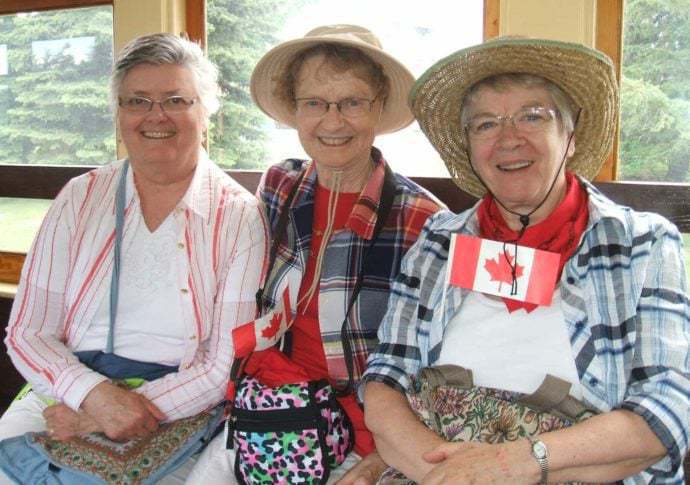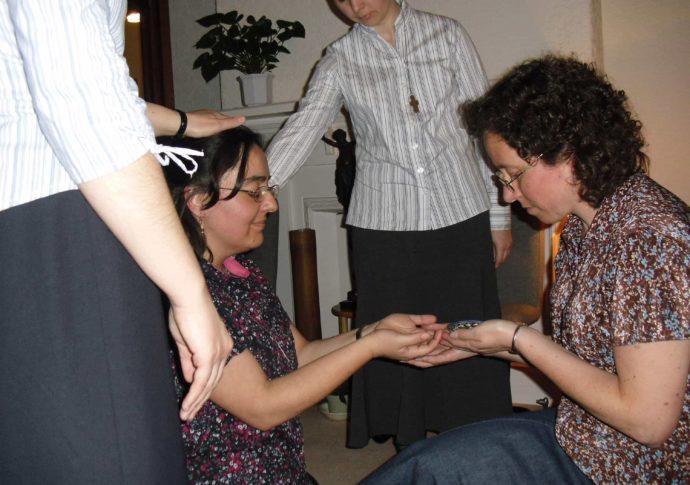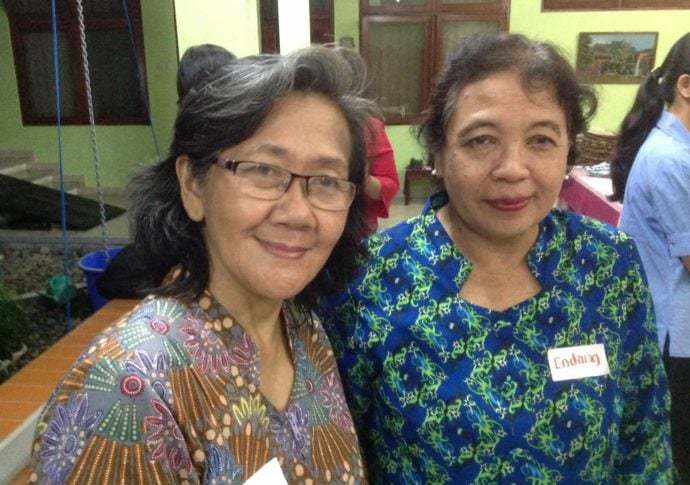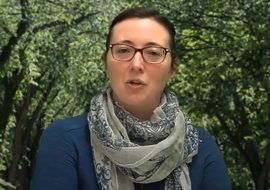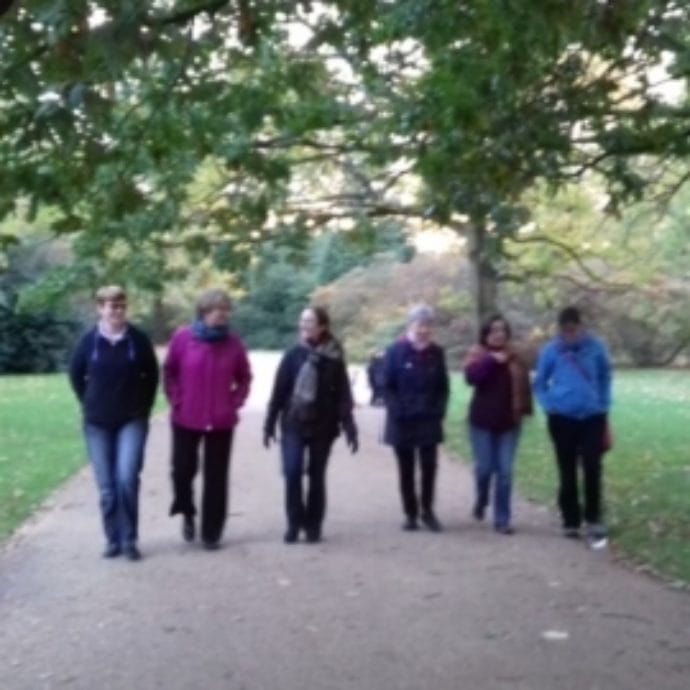A reflection by Sr Michelle, fcJ,
first appeared in the Weaving One Heart: Contemporary FCJ Voices blog
Several years ago, two exhausted and somewhat frustrated looking Grade 9 students came to debrief with me after visits to the Grade 1 and 2 classrooms. They had been sent to share with the younger students the news that the school’s Student Council was organizing a “Hat Day” later that week. The children had listened to the older students explain what would be happening, but then, “They just kept putting up their hands!” the Grade 9 boys told me with pained expressions. They had eagerly asked a succession of questions: Can we wear a fireman’s hat? Can we wear a baseball cap? Can we wear a cowboy hat? And it had gone on. “We told them over and over that they could wear any kind of hat!” the boys exclaimed, at a loss as to why these children had asked so many questions.
Sometimes, maybe even most times, what we seek to communicate is not expressed adequately or fully by the words that we speak. If we look for them, we recognize many instances in our daily lives where one thing is said, but the meaning or the intent behind the words is very different. Take a common expression like, “I had such a busy day.” In my experience, this phrase can have many different meanings, including “Please ask me more about what happened today; I want to talk,” or “Please help me with the task I’m doing; I’m exhausted.”
Recently, I was waiting in a very slow line up at a fast food restaurant, when I heard the soft grumbling and cursing of a man behind me. Guessing that he must be frustrated with the poor service, I finally turned to him after a minute or so and offered to let him go in front of me, as I was in no hurry. He refused my offer, even when I pressed him, but continued to complain about the service, about the political leanings of our province and about the lack of leadership in the country.
It took me a few seconds to realize that he wasn’t asking for better service in the restaurant, but for something much more fundamental: He wanted someone to hear him. My first instinct had been to solve a problem. As a Faithful Companion of Jesus, though, I was called to respond to a “thirst.”
Marie Madeleine d’Houet was inspired to found the Faithful Companions of Jesus by a number of events in her life that moved her deeply. One such event was in 1817 when she heard Jesus speak the words “I thirst” from a crucifix that she was praying before in a chapel in Amiens, France. The desire to respond to Jesus’ thirst in the people that she met motivated her for the rest of her life, and it is what motivates us as those who have joined her Congregation. Part of the challenge of responding to that thirst is about trying to listen to those around us, especially for the hidden yearnings underlying the words that they say.
If those young children listening to the Student Council members had had a different level of awareness, they might have been able to say: “I matter,” or “I need to be heard,” or “I want your approval” to the Grade 9 students standing before them. Or, at a more fundamental level, they might have expressed “I thirst for love and companionship,” just as all of us do. As we strive to accompany a world that thirsts for love, let us pray that we will be able to hear the yearnings and desires that lie beyond the words of the people we meet.








